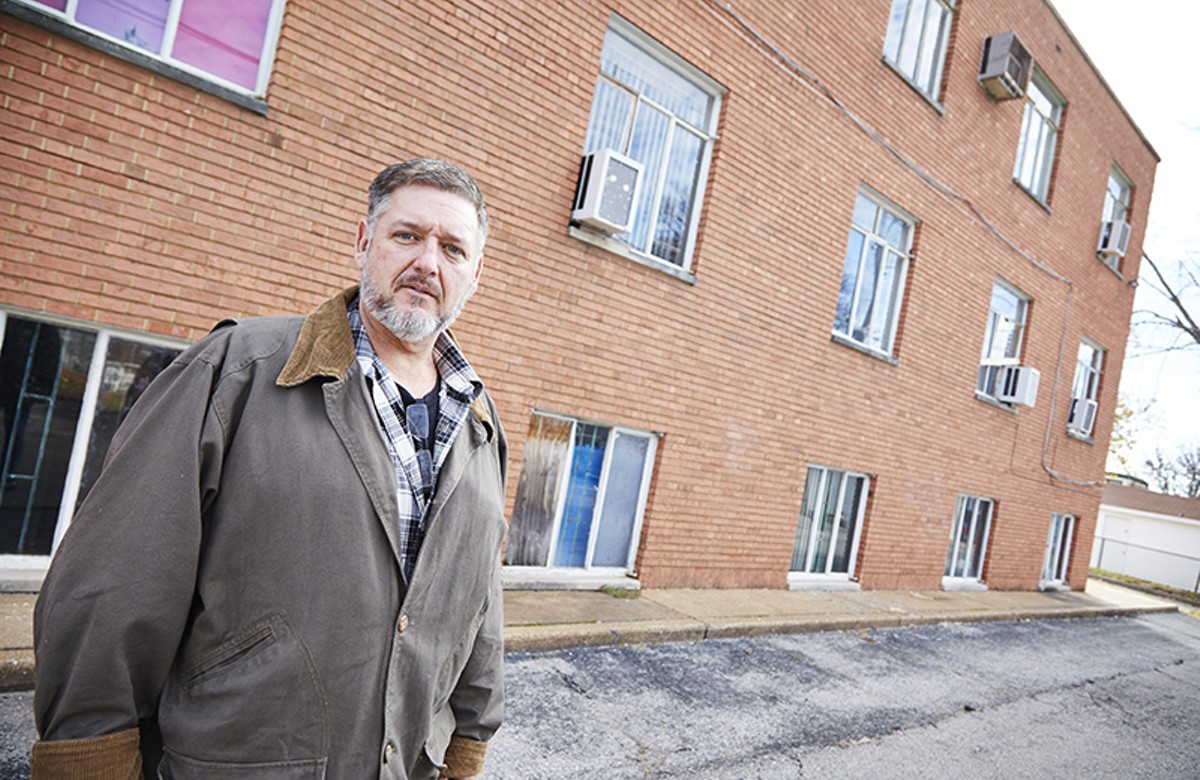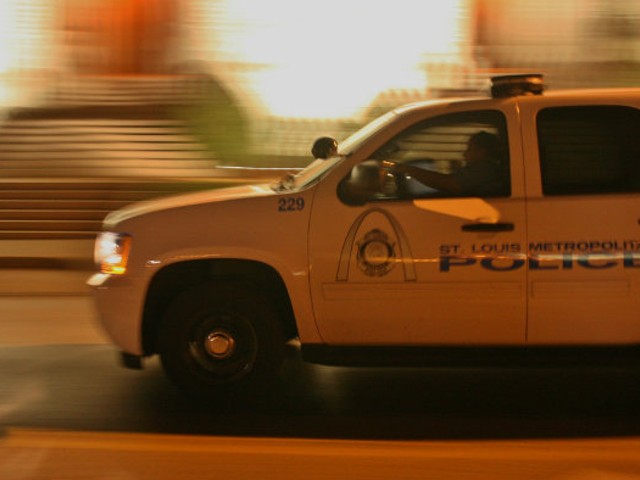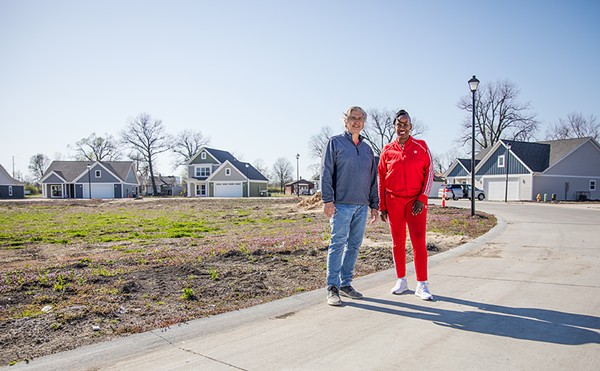One by one, the investigators pushed through the glass double doors of Dojo Pizza and fanned out across the church-turned-karate studio/pizzeria/school in south city.
Loren Copp, a barrel-chested ex-pastor whom everyone calls "Sensei," stepped aside as a St. Louis Metropolitan Police detective, social services workers and a city building inspector marched past.
The 46-year-old lived in the three-story church. He taught free karate classes in the basement, and along with the four teenage girls in his care — two sisters he calls his daughters, and two more who moved in after their mother's drug problems left them in need of a home — hawked pizzas from a kitchen at the edge of what was once the church sanctuary.
"You don't turn kids away," Copp likes to say. "You don't turn people away. You do what you can to help."
Dojo Pizza also attracted hundreds of other visitors who passed through the quirky Bevo Mill operation for open-mic nights, community meetings and self-defense classes taught by police. Copp led a neighborhood patrol group and knew many of the officers who worked the area as a result.
But he didn't recognize the uniformed cops who stormed inside on October 15. Two of them took him to a table at the front of the restaurant and told him to sit down as the investigators split up in search of underage girls.
Nearly a dozen children, ranging from toddlers to older teens, were gathered around a video game downstairs. A.E., a seventeen-year-old who calls Copp "Dad," was just stepping out of the shower in the second-floor living quarters when the police arrived. She hurried into her bedroom and refused to come out. She only emerged when the detective leading the charge, Keaton Strong, escorted Copp by the arm to her door and allowed him to talk her into joining the other kids in the lobby.
When officers led Copp back to his table, he pulled out his cell phone and frantically typed a Facebook message to one of his police contacts, a supervisor in the First District.
"I'm being raided please help by officers," he wrote to Captain Steven Mueller.
The captain had previously penned a glowing letter of recommendation for Copp, but he claimed this operation was a surprise to him and must have been authorized by someone outside of his command.
"This is above my level!" Mueller replied.
"OK I don't know what this is."
"Me either. All I know is it didn't come thru me."
The team in Dojo Pizza that day was comprised mostly of unfamiliar faces, but Copp recognized Strong. The veteran detective, a member of a multi-agency human trafficking task force, had led social services workers through the building just three days before. They questioned the children and one of their mothers, who sometimes volunteered at Dojo. The investigators wanted to know if Copp forced the teens to work in the pizza shop or touched them in bad ways.
By the time the day was over, they had taken custody of six girls and a nine-year-old boy. Copp was led out of the building in handcuffs and eventually hauled off to a holding cell at the City Justice Center.
The alleged crime? Endangering the welfare of a child — apparently thanks to a .45-caliber Ruger handgun and .22-caliber rifle investigators found in his bedroom.
But the implications were ominous. Copp says Strong promised a much bigger case and serious charges were coming — six felonies in all.
When Copp was released from his holding cell nearly two days later, nearly everything in his life had changed. The children who lived with him were scattered in foster homes from Creve Coeur to Ferguson. Dojo Pizza was boarded up, the building condemned. In a week, TV news stations would report that Copp was under investigation for human trafficking.






